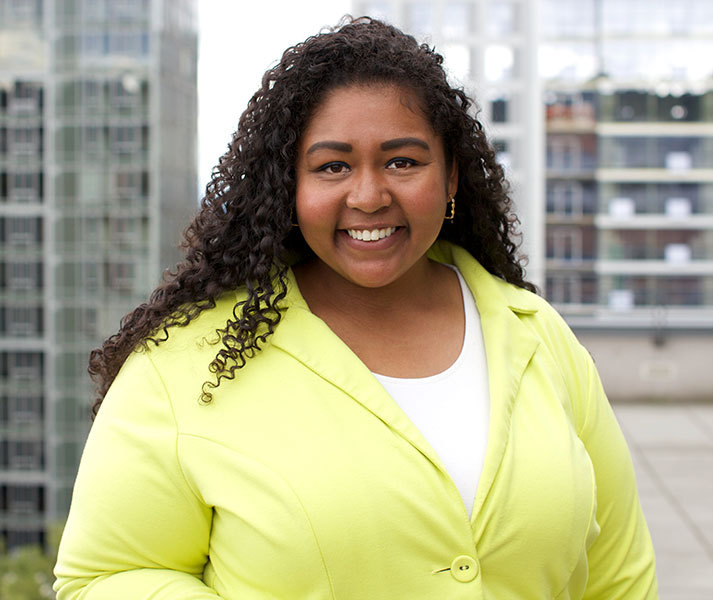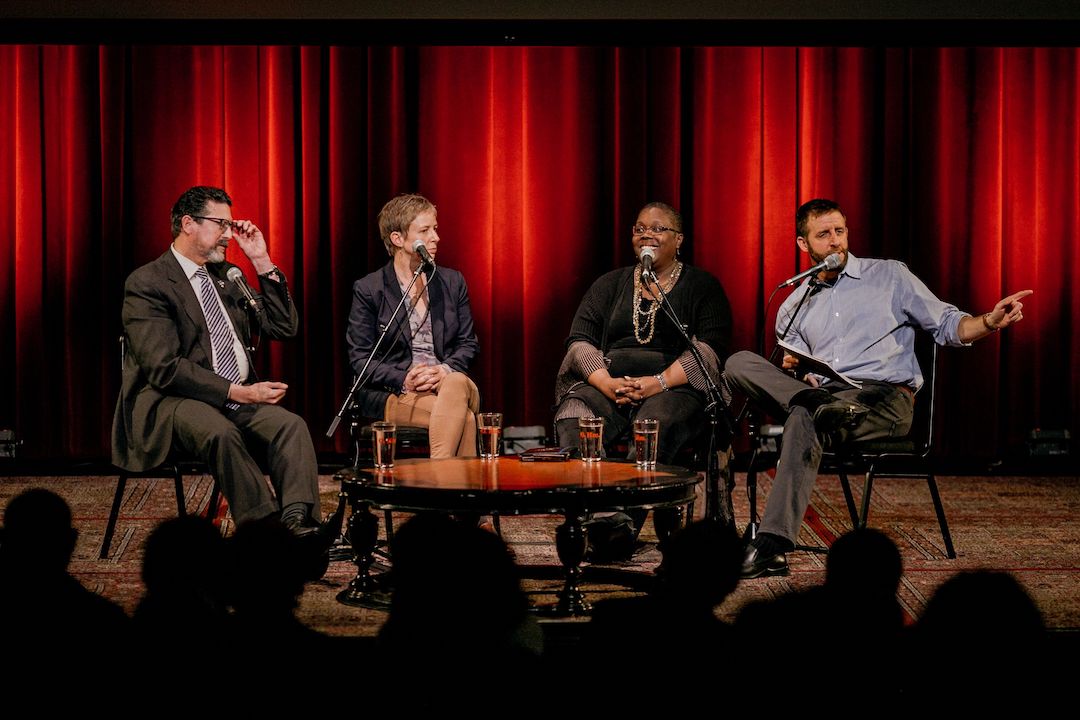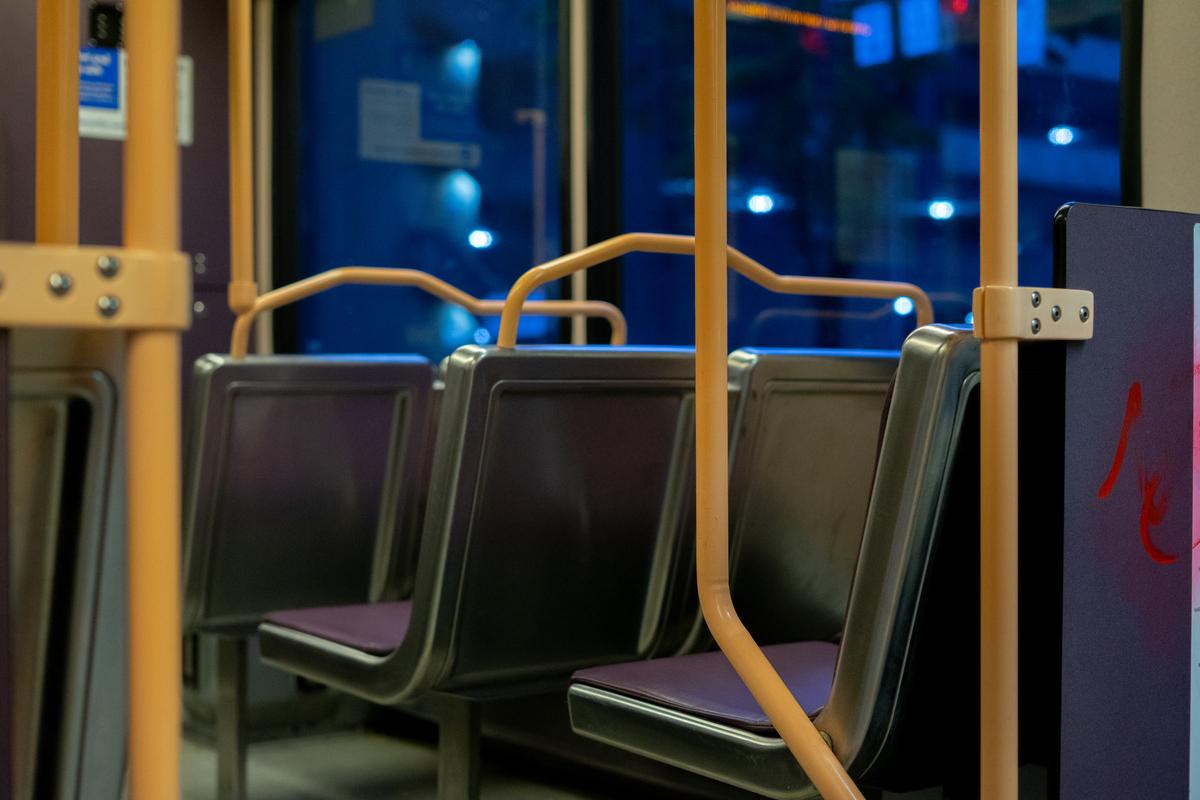In an interview with Portland State faculty member Candace Avalos to talk about her campaign for Portland City Commissioner, one thing became clear immediately—she wasn’t just running to join local government; she was running to change it.
“I’m not afraid to try new things,” she said. “I’m not beholden to the norm, I’m not beholden to ‘whatever we’ve done before is what we must continue doing’—I don’t believe that.”
Avalos, who advises Greek life and Associated Students of Portland State University, is running for a seat on Portland’s city council.
Avalos originally announced her campaign for the commissioner seat in August 2019 with an announcement video that first touched on her key issues: reforming Portland’s city government, houselessness, transportation and increasing transparency between the Portland community, government and police forces.
Avalos mentioned a number of reasons to run for the seat, including serving as the vice chair of the Citizen Review Committee, seeing dysfunction at the city level and applying for Emerge Oregon, a training program for democratic women seeking office. When Avalos heard Commissioner Amanda Fritz would be retiring, she decided to run.
“I was like, you know what, I’m going to take this opportunity to use my voice to talk about the things that Portland can do better,” Avalos said. “I feel that I have a fresh perspective on how we can solve our problems.”
The election
Portland is set to hold local primary elections on May 19, with four out of the five city council seats on the ballot: the mayor, as well as three commissioners. All of the city council positions are voted on in citywide elections and serve four-year terms.
In the mayoral race, incumbent Ted Wheeler is the first Portland mayor to run for re-election since Vera Katz, who ran for re-election and remained in office for three terms before leaving in 2005, according to Oregon Public Broadcasting. There are currently nine candidates competing with Wheeler for the seat, including Sarah Iannarone, a local professor, who was the first in the race to qualify for Portland’s Open and Accountable elections program, which caps large donations and matches small contributions six to one. Wheeler had opted out of the program.
On the ballot this year are commissioner seats one, two and four. Commissioner Jo Ann Hardesty won seat three in 2018, and her seat won’t be open again until 2022.
The election for commissioner position two is to fill the vacant seat left after Commissioner Nick Fish’s death. There are currently three candidates running to cover the remainder of the term until December 2022.
Commissioner position four is currently held by Chloe Eudaly, who has held office since 2017 and is running for reelection. Six other candidates are currently competing for the seat, including former Portland Mayor Sam Adams.
Commissioner position one is currently held by Amanda Fritz, who announced in April 2019 that she would not run for reelection. Five candidates are currently campaigning for the seat, including Avalos.
The platform
Avalos’ first goal is to change the structure of Portland government, especially changing from voting in city-wide elections to district based voting.
“I think at the very minimum, we should have district representation,” Avalos said. “Being the last city, literally the last city over 100,000 people that still doesn’t have district representation, I think is unacceptable. Especially as our city continues to grow, and it’s clear that different neighborhoods are not being represented in the city.”
Currently, the entire city of Portland votes for all five seats on the city council. Changing to district-based voting was one of the major recommendations in a report by the City Club of Portland released last year, which also inspired Avalos to look into local government reform.
This is especially subject to change as Portland enters its charter review—a process required to happen every 10 years and is set to happen again in 2021. According to the City Club of Portland, each of the commissioners chooses four members to serve on the Charter Review Committee, who will then review the structure of Portland’s government and recommend changes. If a supermajority of the committee agrees, the changes go to the voters.
“Over the years, there have been many different efforts to change the government, but they have all failed,” Avalos said. “I really feel that it needs to come from within city hall, because at the end of the day, it doesn’t necessarily benefit city hall or commissioners to change the way that they have power, but I think it benefits the people. That’s what I care about.”
Other than the structure of city government, her campaign mentions five other key issues: houselessness, public safety, transportation, the environment and workforce development.
“I’m looking to improve the relationship between the police and their communities, because it’s such an important role,” Avalos said. “When you’re given this authority to oversee a community, and you have lethal means of doing that, there’s a huge responsibility and accountability that needs to come from that.”
As she talked about her campaign, one thing remained consistent. She was determined to bring a fresh perspective to local government, which was also motivated by working at PSU and so closely with PSU students.
“I’m proud to build up young people in the process, because that’s something I’m very passionate about.” Avalos said. “So I’m excited to bring them along and to inspire them to want to do this too. I mean, that’s what I do with student government and running this campaign—win or lose, [it’s] no different.”






